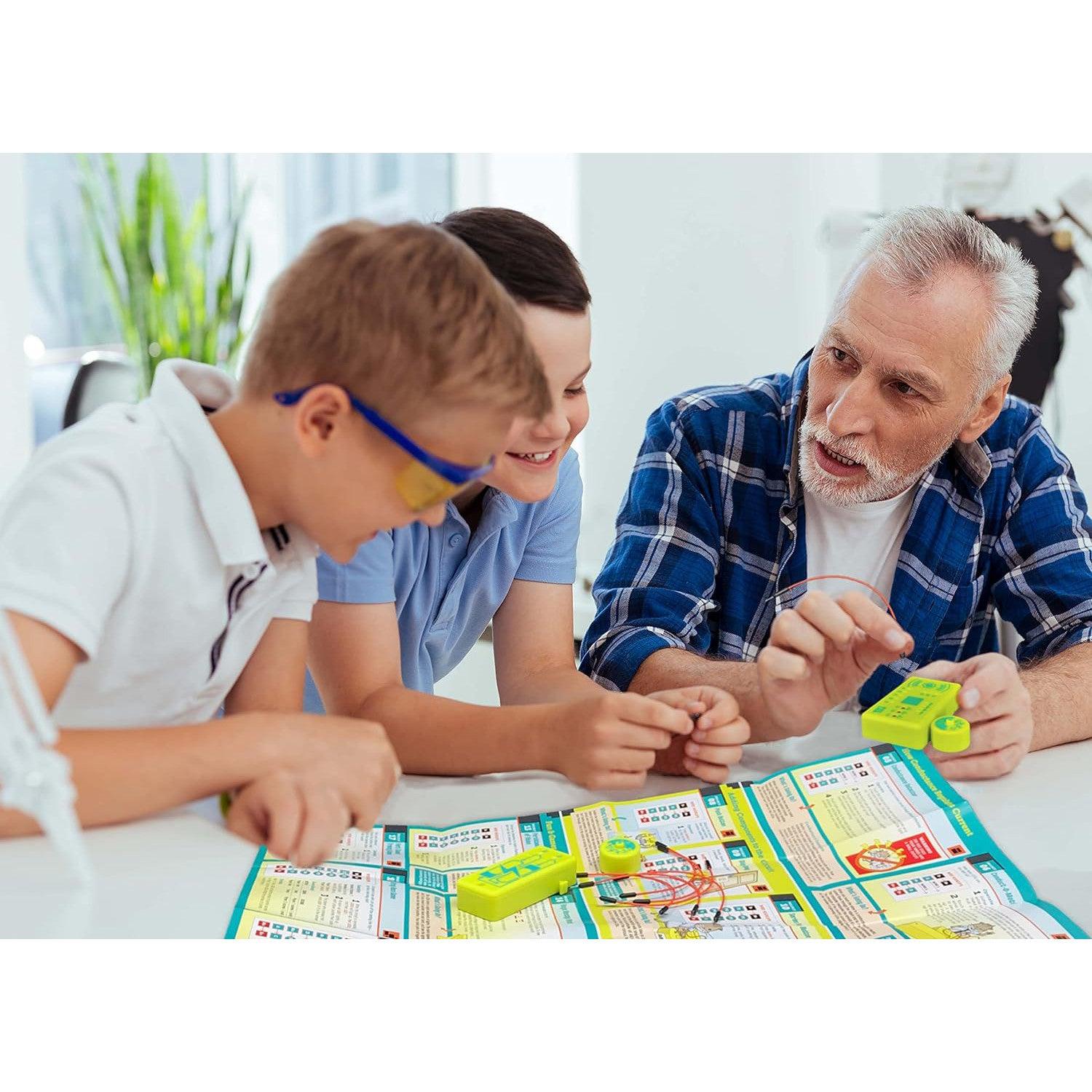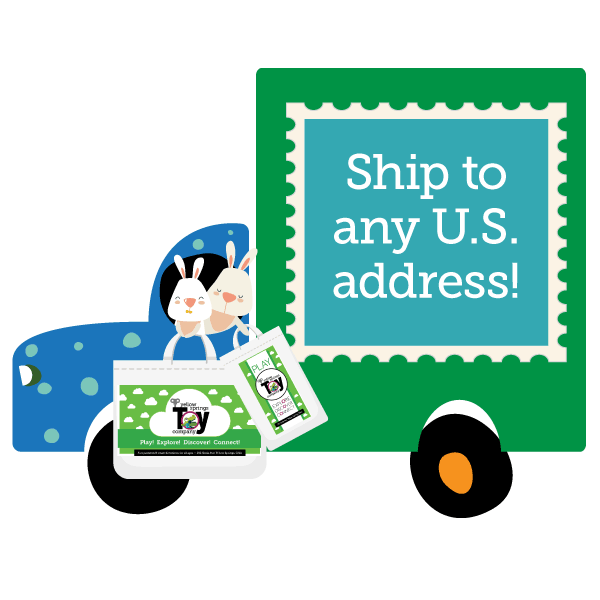What is Open-Ended Play?
Have you ever watched your child play with a cardboard box for hours, completely engrossed in their own little world? That's the magic of open-ended play! It's a type of play where children are given the freedom and flexibility to explore and create without any predetermined goals or outcomes. It's like a blank canvas for their imagination to run wild!
Why is Open-Ended Play Important?
Open-ended play is not just about keeping your child entertained; it's a crucial part of their development. When children engage in open-ended play, they are in control. They get to make decisions, solve problems, and express themselves freely. This type of play nurtures their creativity, imagination, and critical thinking skills.
How to Encourage Open-Ended Play
Now that you understand the importance of open-ended play, you might be wondering how to incorporate it into your child's daily routine. Here are a few ideas to get you started:
1. Provide a Variety of Materials
Give your child access to a wide range of materials and resources. This could include art supplies, building blocks, natural objects like sticks and stones, or even household items like pots and pans. The possibilities are endless!
2. Let Them Take the Lead
Instead of directing your child's play, let them take the lead. Allow them to choose what they want to play with and how they want to play with it. This empowers them to make their own decisions and fosters their independence.
3. Embrace the Mess
Open-ended play can get messy, and that's okay! Encourage your child to explore and create without worrying about making a mess. Lay down some old newspapers or use washable materials to make cleanup easier.
4. Join in the Fun
Don't be afraid to join your child in their open-ended play adventures. Play alongside them, ask questions, and show genuine interest in what they're doing. This not only strengthens your bond but also encourages their creativity.
Benefits of Open-Ended Play
Open-ended play offers a multitude of benefits for your child:
1. Boosts Creativity
By giving your child the freedom to create and imagine, open-ended play sparks their creativity. They learn to think outside the box and come up with unique ideas.
2. Develops Problem-Solving Skills
In open-ended play, children encounter challenges and obstacles. They learn to think critically, find solutions, and overcome these hurdles on their own.
3. Enhances Social Skills
When children engage in open-ended play with others, they learn important social skills like cooperation, communication, and sharing. They also develop empathy and learn to understand different perspectives.
4. Fosters Independence
Open-ended play empowers children to make their own choices and take charge of their playtime. This independence translates into other areas of their life, boosting their confidence and self-esteem.
Open-ended play is a wonderful way to unleash your child's creativity and let their imagination soar. By providing them with the freedom to explore and create without limitations, you're setting the stage for a lifetime of curiosity and innovation. So, embrace the mess, let your child take the lead, and watch as they embark on incredible adventures through the power of open-ended play!
















